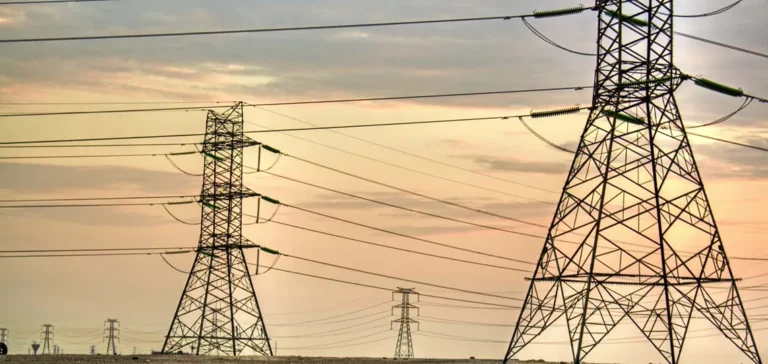Qatar has announced the extension of its electricity supply programme to Syria, opting for direct funding of natural gas supplied by Azerbaijan and transported through Turkey. This project aims to raise Syria’s energy capacity to 800 megawatts per day, according to the Qatar Fund for Development. The initiative comes as Syria, after fourteen years of armed conflict, faces power outages that can exceed 20 hours per day, hindering the recovery of economic and industrial activities across several regions of the country.
Strategic deliveries and infrastructure
The first phase of this programme, launched in March, enabled the daily delivery of 400 megawatts of electricity via Jordan. The new phase foresees the arrival of natural gas at the Aleppo power plant, from where electricity will then be distributed to various cities and districts. This increased capacity relies on bilateral agreements between Qatar, Azerbaijan, and Turkey, reflecting strengthened regional cooperation in the reconstruction of Syrian infrastructure.
The transitional Syrian government, established after the overthrow of Bashar al-Assad, has made the rehabilitation of the electricity sector a central priority. Qatari funding of Azeri gas is expected to help meet the heightened demand for electricity in a country where networks have been largely destroyed by hostilities and international sanctions. According to the Qatari fund, the gas supply will help stabilise energy production, seen as a key driver for economic revival.
Regional networks and energy challenges
Turkey has confirmed it will begin exporting natural gas from Azerbaijan to Syria, an announcement welcomed by Damascus authorities who view it as a way to restart several inactive power plants. This operation is part of a dynamic where Ankara and Doha maintain close ties with the transitional Syrian government. The development of new energy corridors through Turkey helps integrate Syria into regional gas flows, while offering Qatar increased visibility in the Middle Eastern market.
The reconstruction of Syria’s energy sector is attracting interest from several regional investors, as electricity demand remains very high. The delivery of a daily volume of 800 megawatts represents a significant economic stake in a post-conflict context marked by the need to revive industry and public services. An official from the Qatar Fund for Development indicated that “the natural gas delivered will ensure stable production for the most urgent needs of the country”.






















